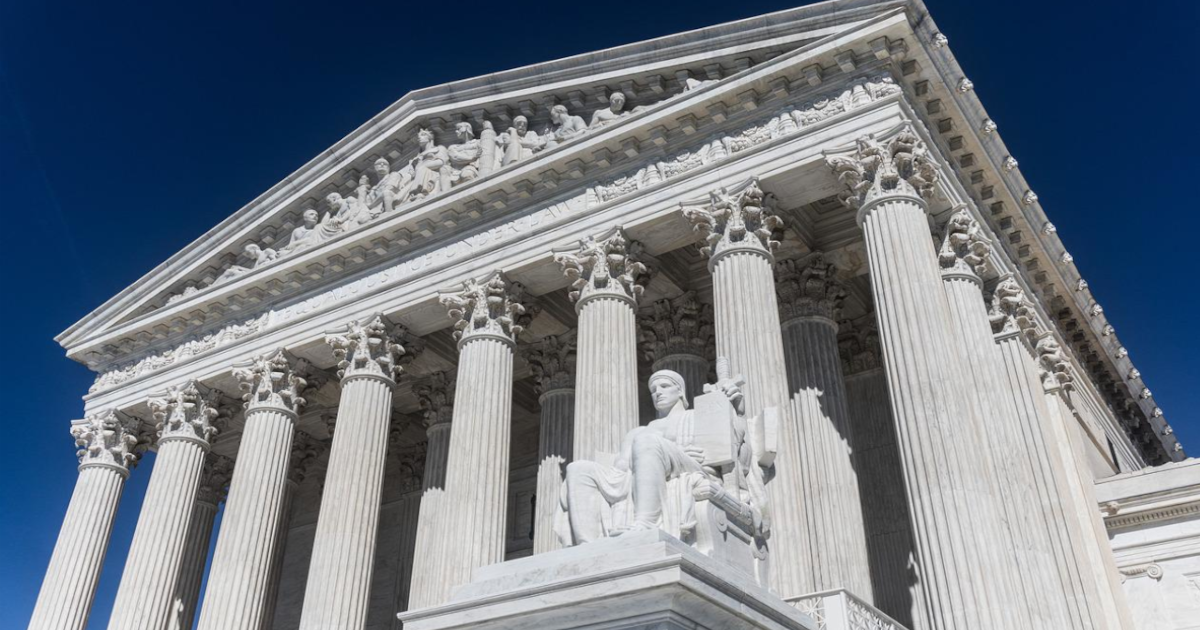
Supreme Court Just Made It Harder for Federal Agencies to Regulate in Sweeping Ruling
June 28, 2024 | Source: NPR News | by Nina Totemberg
In a momentous decision that will affect vast swaths of American life, the U.S. Supreme Court on Friday undid decades of regulatory law, making it far more difficult for federal agencies to issue rules and regulations that carry out broad mandates enacted by Congress. The vote, along ideological lines, was 6-to-3.
Writing for the court’s conservative supermajority, Chief Justice John Roberts explicitly overturned a 40-year-old precedent that had instructed lower court judges to defer to reasonable agency interpretations of ambiguous federal statutes. Acknowledging that some of the court’s most conservative members had initially proposed or embraced that idea, Roberts said that time and experience had proved the approach “unwise,” “misguided,” and “unworkable.”
The 1984 decision, he said, is contrary to the Framers’ understanding or our form of government. Roberts went on to quote Chief Justice John Marshall’s famous 1803 decision in Marbury v. Madison declaring that, “[i]t is emphatically the province and duty of the [judiciary] to say what the law is.” That, said Roberts, means that courts, not agencies, decide what the law is, and if Congress wants to do something different, it should say so explicitly.
Justice Elena Kagan took the rare step of announcing her dissent from the bench on behalf of the court’s three liberals.
